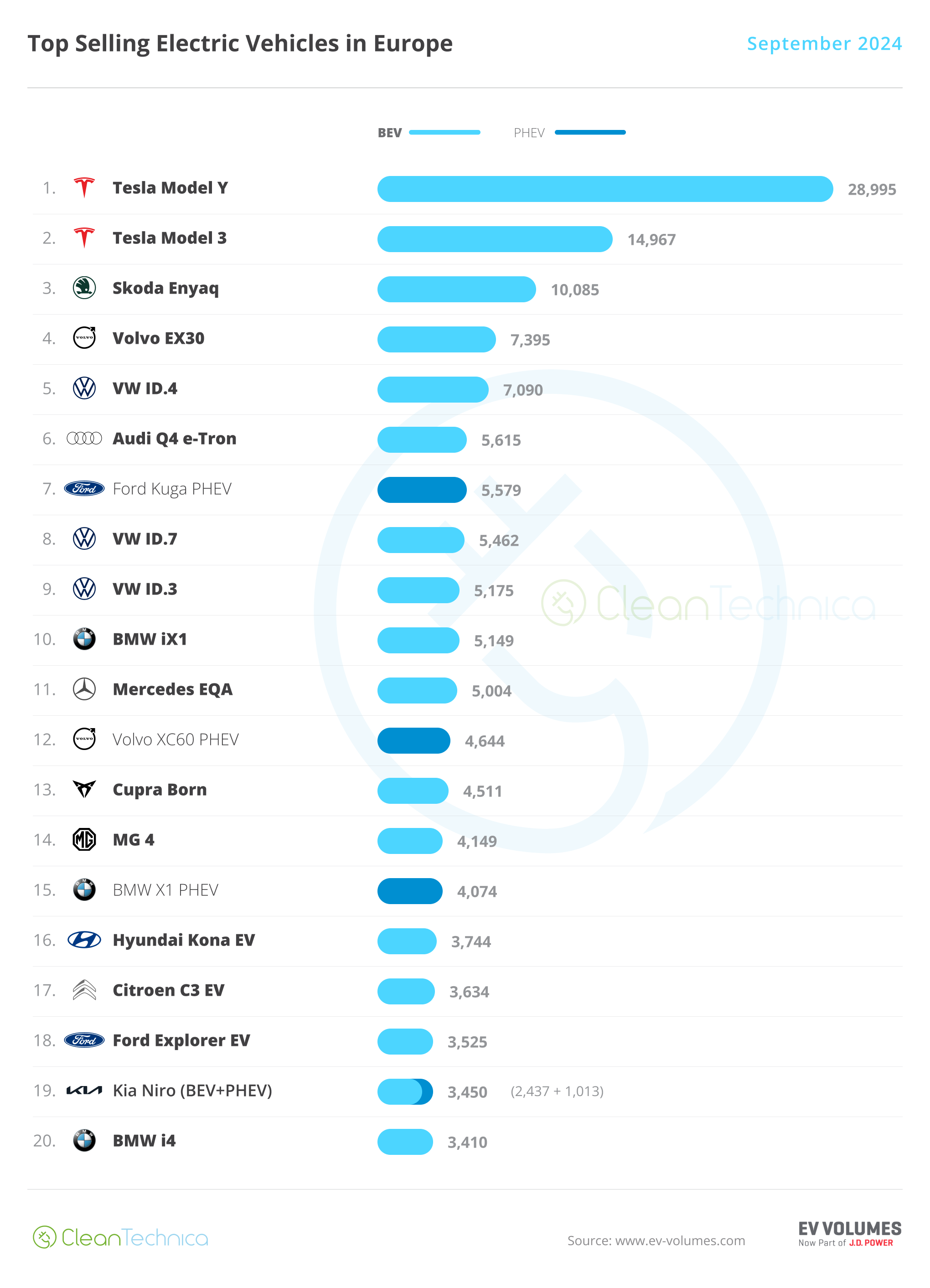Gold has been selling off with increasing worries that price inflation isn’t quite under control and the Federal Reserve might have to slow the pace of monetary easing.
Is this a mistake? Or should we follow the crowd?
Money Metals’ Midweek Memo host Mike Maharrey thinks it is, and in this episode, he explains why. He also talks about a fundamental economic principle that we all need to reckon with – scarcity.
“Would you jump off a cliff just because everybody else did it?”
Mike opens the show with this question, relating how his mother used to ask him that when he told her “Everybody is doing it,” hoping to get permission to do this or that.
“It drove me crazy at the time, but as I grew older, I realized she was just trying to drive home the danger of always following the crowd. A lot of people out there in the investment world would probably do well to consider my mom’s wisdom, because, I’ll tell you what, there is a lot of ‘follow the leader’ sentiment out there.”
Mike goes on to explain how “Fear of Missing Out,” or “FOMO” often drives market sentiment.
“I think the FOMO sentiment might be driving some of the selling action in the gold market. Because, if you step back and look at things objectively, well, it doesn’t make much sense.”
But before delving into that topic, Mike pivots to discuss some economics in the light of the recent murder of the United HealthCare CEO.
“Now, I’m not going to defend United Health Care policies. I honestly don’t know enough about them to do so, even if I wanted to. It wouldn’t surprise me if they are pretty crappy. But I do need to point out that in a world of scarcity, every person isn’t going to get every healthcare procedure that they need. No, it’s not fair. But it’s reality. There aren’t enough doctors, medicines, hospitals, technologies, etc., etc., for everybody to get every treatment they need at an ‘affordable’ cost. Healthcare is going to be rationed. Insurance companies ration healthcare by denying claims. Government healthcare, which is not free, by the way, ration healthcare with long lines and by outright denial of treatments.”
Mike goes on to clarify that he isn’t defining the U.S. healthcare system, explaining that it isn’t a “free market” and it is badly distorted by government intervention. But even in a purely free market, we would still have to contend with scarcity.
“But I’m getting away from my point, which is there is scarcity. There is always scarcity. There always will be scarcity. I think Americans in particular are kind of insulated from this harsh reality because we have a lot. The poor in this country have a far higher standard of living than royalty had in the Middle Ages. Think about this: most everybody has a phone in their pocket that has more computing power than was used to go to the moon. But that doesn’t mean there isn’t scarcity. Nobody gets all they want. It’s not just about money. In fact, it’s not about money at all. It’s about stuff. There isn’t enough steal, oil, plastic, wood, labor…you name it… to do everything.”
That clarifies the fundamental economic problem – allocating scarce resources in a world of unlimited wants and needs.
“There are only two ways to distribute scarce resources – markets driven by a pricing system or central planning driven by politics. Markets win every time. No. They are not perfect. But they are far better than central planners.”
This leads to a harsh reality we have to reckon with.
“There is no perfection unless we can solve scarcity. And we can’t solve scarcity because the moment we do, somebody will come up with another want or need. The problem with the American healthcare system isn’t that it’s too free market. It’s that it’s not free market at all.”
Mike then switches gears and moves back to the subject of the gold market.
“The Producer Price Index for November came out Friday and it was hotter than expected. This came on the heels of a hotter-than-expected CPI report showing price inflation is sticky. And with inflation worries mounting, investors sold gold. … We’ve returned to a market dynamic that dominated 2023. Investors worried about sticky inflation are dumping gold, an asset that has traditionally served as a hedge against price inflation. Is that a mistake? I think it is, and I’ll explain why.”
Mike offers two important things the mainstream is missing.
- Inflation isn’t likely going anywhere anytime soon.
- The Fed is going to keep cutting.
Mike proceeds to dive deeper into each issue.
On the subject of inflation, he highlights some data that shows that it’s far from beaten.
“But how can this be? The Fed beat inflation, right? That’s why it’s gone back to rate cuts, right?
“Yeah. OK. That’s the story. But it’s pure fantasy.”
Mike goes on to explain why the Fed’s inflation fight was never enough to rein in the money creation since the Great Recession.
“As I’ve pointed out over and over, the Fed’s inflation fight was wimpy compared to the inflation creation during the COVID era. On top of that, the Fed never unwound the inflation it created in the decade following the 2008 financial crisis. The Fed didn’t do enough to address inflation, to begin with, and then it surrendered to inflation last summer when it announced plans to slow balance sheet reduction.”
But even with sticky inflation, it appears the Fed plans to continue cutting rates. How does this make sense?
“Well, it doesn’t. I mean, not in a sane world. But we don’t live in a sane world. So, why is the Fed easing monetary policy when it’s clear price inflation is alive and well? Because, while they will never say this quiet part out loud, the central bankers at the Fed know that this debt-riddled bubble economy can’t function in a higher interest rate environment. The economy is addicted to easy money (inflation), and the pusher is giving the addict more drugs to keep it from going into withdrawal.”
Mike goes on to provide some concrete examples of the distortions created by decades of easy money. And he points out that when the economy visibly cracks, the Fed will be forced to get even more aggressive in loosening monetary policy.
“You think inflation is bad now? Just wait until the central bank revs up the money printing press again. In my view, the most likely scenario is stagflation – a crashing economy in the midst of rapidly rising prices.”
Does this sound like a good time to sell gold?
Mike doesn’t think so, and he offers a call to action.
“The bottom line is savvy investors might want to think twice about dumping their gold along with the masses. In fact, you might want to consider these dips as buying opportunities. Now is the time to Call 800-800-1865 and talk to a Money Metals precious metals specialist.”
*********



